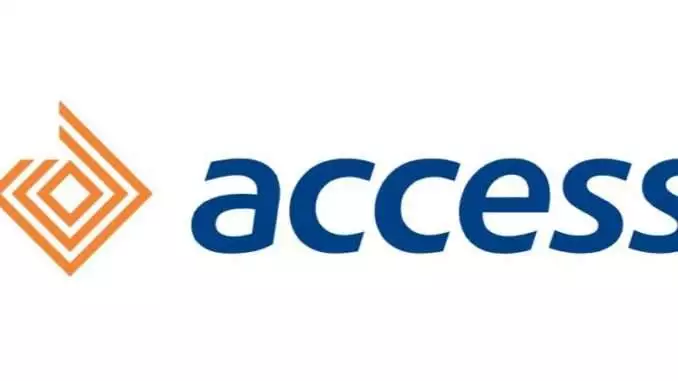By Fola James
Global rating firm Moody has affirmed Access Bank Plc and eight other commercial banks in the country strong and solid, according to its December report on the Nigerian banking sector. Expectedly, the firm reported that the Nigerian banking sector has recovered from the pre-pandemic level, even though the agency was silent on other 13 commercial banks.
There are 22 commercial banks in the country according to the Nigerian Deposit Insurance Corporation, NDIC records.
Using nine banks as a focus, the Investor Advisor said the commercial banks in the country have been able to weather the storm of the covid 19 headwind which drew down their profitability last year.
The firm in its outlook published on December 2 said “Moody’s Investors Service (Moody’s) has today affirmed the B2 long-term local and foreign currency deposit ratings as well as senior unsecured ratings, where applicable, of the following Nigerian banks: Access Bank Plc, Zenith Bank Plc, First Bank of Nigeria Limited, United Bank for Africa Plc, Guaranty Trust Bank Plc (recently renamed “Guaranty Trust Bank Limited”), Union Bank of Nigeria plc, Fidelity Bank plc, FCMB (First City Monument Bank) Limited and Sterling Bank Plc.”
Citing the banks’ capital and funding positions, particularly in the area of local currency as an example, the firm said the banks are now back on the trajectory of profitability and expansion, awarding B2 (stable) to all the banks under purview.
Moody, however, warned in the report that the current gains being recorded in the sector will continue as long as the price of crude oil in the international market remains high, harping on government’s unflinching support for sector to make it solid.
Accordingly, the rating agency said its outlook on the mentioned banks also reflects their credit exposure to the government, which it claimed has averaged 245 per cent of the rated banks’ capital bases as of June 2021.
It further said the deposit money banks have worked on the area of granting loan indiscriminately, a situation it affirmed has led to the reduction of Non-Performing Loans, NPL in the sector. The average NPL in the banks has declined to 5.3 per cent as of October 2021 from six per cent, the firm said.
Moody further stated that “the rating action reflects Moody’s expectation that higher oil prices and some measures taken by the government will help stabilise the sovereign’s credit metrics, thus stabilising the sovereign credit profile and, in turn, those of the banks.
“Moody’s affirmed Nigeria government’s long-term issuer ratings of B2 and changed its outlook to stable from negative on 29 November 2021.”
“The rating action reflects the banks’ financial profiles which have been generally resilient to the difficult operating environment in Nigeria.
“On average, the Nigerian banks’ asset quality has remained resilient and banks’ pre-provision profitability is recovering to pre-pandemic levels while their capital and funding positions, particularly in local currency, have remained solid.
“The change of outlook to stable also reflects the links of Nigerian banks’ credit profiles to that of the government, whose outlook has been stabilised on 29 November, given the sizeable exposure to the sovereign debt securities, averaging 245% of the rated banks’ capital bases as of June 2021. “Furthermore, Moody’s expects that the capacity of the Nigerian government to support the country’s banks will remain unchanged.
“The affirmation of the deposit ratings for the nine banks reflects Moody’s expectation that Nigerian banks’ solvency will remain at adequate levels over the next 12-18 months, supported by resilient profitability, while asset quality towards the large energy sector will benefit from the current high oil prices.
“Selective lending by banks in the past three years has restrained the formation of nonperforming loans (NPLs). Reported systemwide NPL ratio has declined to 5.3% as of October 2021 from 6.0% as year-end 2020; the improvement also reflects the banks continuing to benefit from restructuring and forbearance,” the rating agency said.



